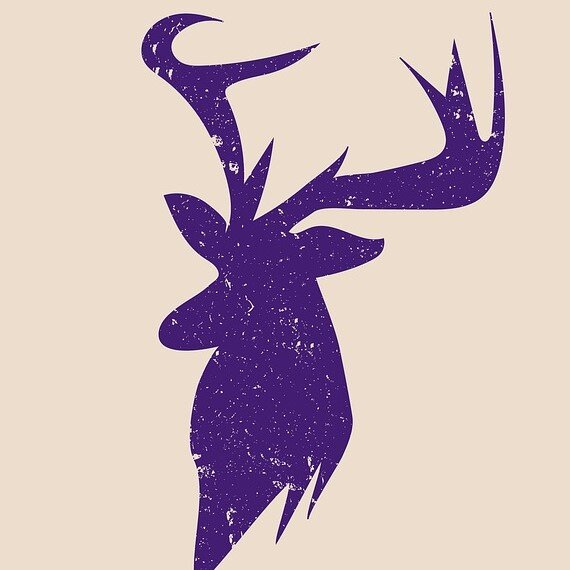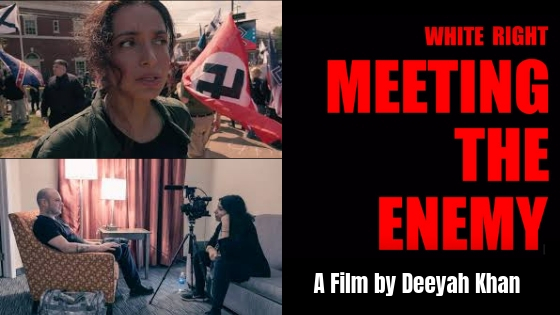When I was working for CARE in the early 2000s our CEO Dr. Helene Gayle presented us with a revised mission. Yes, we at CARE would still be a poverty fighting organization but Dr. Gayle introduced a new focus for how we would do this: an emphasis on empowering women and girls.
I was sold on day one. My own experience living and working in depressed neighborhoods in the US as well as East Africa aligned with the same facts that had influenced Dr. Gayle’s vision. Poverty, violence, illness, lack of opportunities, lack of rights, and legal protections disproportionately affect women and girls—often women and girls of color, too. Trying to address poverty while ignoring the additional barriers and vulnerabilities that half the world’s population experience because of their gender is futile.
While traveling in my career to 34 countries, I have witnessed some the abuse and indignities women suffer—my country of the US is no exception. Often the deeply entrenched chauvinism and patriarchy that benefits men like me is at the root of this. I’ve also witnessed, despite these odds, how it is frequently women who are the sheros of their families and communities. Research has shown that female caregivers are consistently more dependable stewards of social support funds than their male counterparts who are, sadly, more likely to drink or gamble money—earned and donated—away.
But at CARE, as we worked to promote and empower women, I frequently was worried that we were still only addressing half the problem. I wondered how we could make lasting change for women if we didn’t engage the men in their societies. Women’s and men’s self-concepts needed to evolve. If we didn’t do something about the deeply entrenched chauvinism and patriarchy that warps the thinking of boys so that they grow up into men who think they are entitled, who think they are better, than their female counterparts would the future be any different?
Men are half the problem and (conversely) half the solution. We need different roles to offer them, different models of masculinity.
By now the term “toxic masculinity” has entered the mainstream. In recent years I’ve been somewhat encouraged by the increasing number of books, research, and documentary films examining this phenomenon. Toxic masculinity has been a valuable way to encapsulate the beliefs and practices that men feel obliged to follow, even if these behaviors only end up being pernicious to them and those around them. The Netflix documentary, The Mask You Live In[1] is one of my favorite summaries of the challenges facing boys and young men today who are trying to chart a different course. It is also encouraging to see so many fathers, mentors, and coaches who are teaching their sons that being a man is not measured by physical strength, sexual conquest, or material wealth, but rather by our capacity to love and be loved.
Another important angle in all of this is how toxic masculinity is also in a mutually reinforcing cycle with racism and white supremacy as many commentators have pointed out.[2]
After years of asking myself, “What does it mean to be a good man?” or “What makes a good man?” I realized my own question was all wrong and reflected my own ingrained biases. I realized that the virtues I was seeking out to apply to “good men” don’t belong to only men, women, or nongendered individuals. They belong to everyone. The question is not, what makes a good man/woman. The question should be: What makes a good person? A good human.
Period.
But we have such a long way to go. Recently, after watching a smattering of commercials during a break in an NFL game (I’ve boycotted watching actual NFL games so far this year) I was reminded just how prevalent motifs of toxic masculinity are. Aside from football itself,[3] the commercials between brain-jarring plays included fast food ads with slovenly dopey men enslaved to their appetites for bacon cheeseburgers, breathless previews for pay-per-view boxing matches, and one car ad where a man is so busy playing computer games on a VR headset he doesn’t even notice his girlfriend moving out of their apartment until she slams the door and he takes off the headset to see all the furniture gone.
Enter Deeyah Khan, a shero for our time. She is a documentary film maker with a courageous approach to the issues of hate, violence, religious extremism, and white supremacy. Tired of avoiding it, avoiding the men who wanted to exterminate her and people like her, Khan decided to engage them through her art, setting out to interview them on camera. The results are two films, one focused on white supremacists and the other of Muslim extremists: White Right: Meeting the Enemy and Jihad: A Story of the Others. Both are available on Netflix.
I don’t have enough words to describe Khan’s courage to do this, as she was often threatened with violence from the men she encountered, either because she was a woman of color, or because she was a Muslim woman who resisted subjugation. Here is the link to a powerful interview with her by Vox.[4]
Now even Khan herself says that she does not recommend this approach for everyone. For members of targeted communities, doing what Khan did was risky, physically, emotionally, and psychically. Khan is the first person to say engagement, teaching others, trying to influence others, even win hearts, is something one should only engage in if they have the capacity to. It can be exhausting. So she (and I) definitely give a pass to members of oppressed communities who don’t want to spend their energy doing this type of work (especially when just BEING feels like an act of defiance). But Khan, for her part, was tired with non-engagement and in her own words she “just wanted to try something, different.”
There are parts of the interview I could only do a disservice to if I paraphrased further so I’m including Khan’s words verbatim below. Click the link in the footnotes for the full interview. It’s worth a read.
On how we can only drive out hate with love, Khan says we must:
“. . .not become hysterical, [the key is] not to dance to [extremists’] instructions, it’s to not behave how they want us to behave. They want us to become really afraid; they want us to become divided; they want us to join their ‘us and them’ thing. On a larger scale, I think we have to resist that. It’s an argument for celebrating and nurturing our diversity and nurturing our multicultural society, and our pluralism.”
Khan on what happened to one of the white supremacists (Ken) she interviewed a number of times:
“. . .he actually became friends with the pastor of a mostly black church who lived in his apartment complex. The pastor invited him and his fiancée to his church, and Ken basically stood in front of everyone there and said, “I used to be in the Klan, now I’m in a neo-Nazi organization, these are the views I hold ...”
And after he was done, people came up to him and hugged him and said, “Look, we detest what you stand for, but it takes a lot of courage for somebody like you to come in here and share what you have shared.”
That was the last straw for [Ken], where he realized that the people he hated so deeply are showing him nothing but kindness and compassion and an open heart, and are showing it to him even though he doesn’t deserve it. His whole ideology fell apart.
Mind. Blown.
Khan is definitely a shero for our time. I’m in awe. I don’t know if I have been living up to her example of courage, perseverance, radical love, and patient engagement, but I recognize two really valuable lessons here:
Lesson One: Khan’s is an example I want to emulate. I will fall short, but I’ll try.
Lesson Two: Love Wins.
[1] http://therepresentationproject.org/film/the-mask-you-live-in-film/
[2] https://www.irishtimes.com/opinion/una-mullaly-toxic-masculinity-the-common-thread-in-american-hate-1.3190602
[3] American Football itself, especially the NFL, could be its own case study in toxic masculinity as well as institutional and interpersonal racism. It’s no wonder that the commercials align so closely with this, the irony being, that the men in the commercials—the obese an dreaming of cheeseburgers and the man addicted to videogames—are complicit in their own loser-dom, which (paradoxically) doesn’t seem to phase the men watching.
[4] https://www.vox.com/world/2019/1/14/18151799/extremism-white-supremacy-jihadism-deeyah-khan

